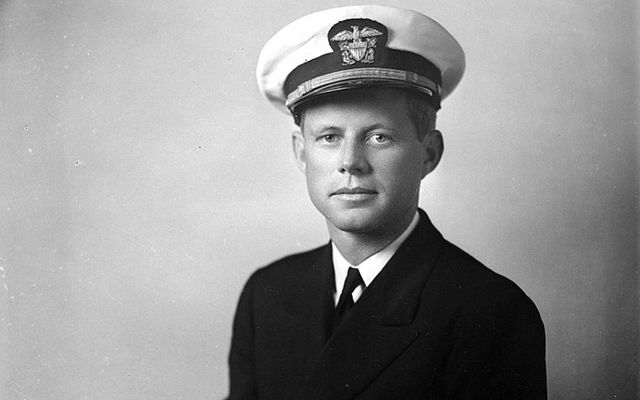The first known recording of JFK speaking emerged from Harvard University, in 2017. The then-20-year-old future President was recorded giving his thoughts on the appointment of Alabama Senator Hugo Black to the US Supreme Court by President Franklin D Roosevelt.
John F. Kennedy, in the same clear and confident voice that carried him to the White House, began by saying, “We all know the circumstances surrounding Mr. Black’s appointment to the Supreme Court.”
Continuing, “Whether Mr. Black’s appointment to the Court is the correct one is hard to say. It was evidently made in the heat of presidential anger at conservative elements who did not back Mr. Roosevelt’s [unintelligible] plan.”
Strikingly, unlike today, courtesy titles such as ‘President’ or ‘Senator’ are not used. Instead, the two politicians are called ‘Mr’, a practice that has gone out of style.
He then takes the time to rubbish Black’s behavior, telling the crowd, “Mr. Black’s stand for the last few months, few weeks rather, that has been one of secrecy. Something that a Supreme Court Judge should not be expected to do.”
He then admonishes him for his membership of the Ku Klux Klan, saying that his membership of the organization was, “of the utmost importance to the United States [given] the path of the Supreme Court the last two years.”
Kennedy’s reservations about Black, however, were ultimately not shared by the Supreme Court, although his membership of the KKK led the usually genteel Senate to shake of precedent and debate his appointment. Whereas such a process is normal and expected in the modern era, for decades prior to that the Senate had confirmed Presidents’ nominees with minimal fuss.
Black was eventually confirmed 63-13 and took his seat on the Supreme Court, where he would remain for 34 year years.
Once capped in the black gown of a justice he confounded many of his critics with his support for Civil Rights; he joined the unanimous ruling in Brown v Board of Education that deemed segregation in US schools unconstitutional.
However his judicial philosophy would be hard to characterize as that of a hardline liberal; he refused, for instance, to join with colleagues to rule the death penalty unconstitutional, noting that the 14th and fifth amendment to the Constitution made reference to the taking of “life”, thus rendering the practice constitutional.
* Originally published in 2017, updated in Aug 2024.




Comments